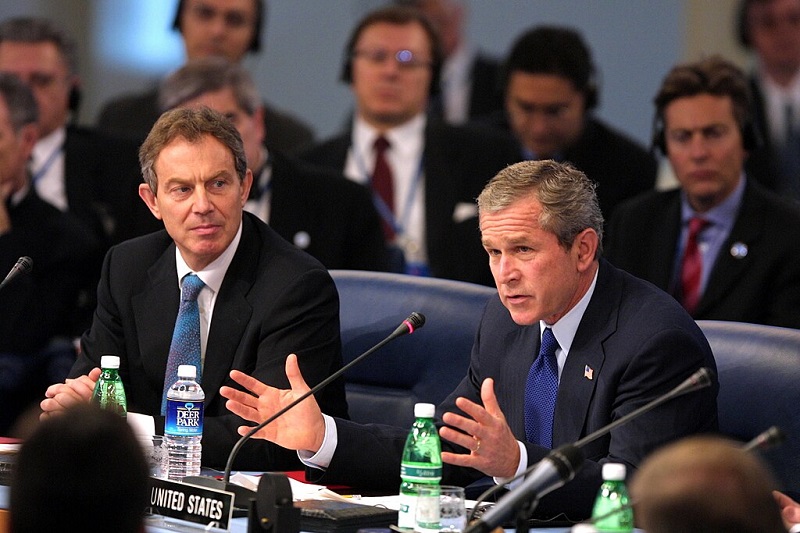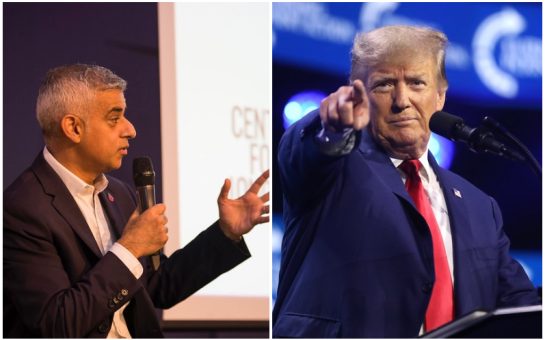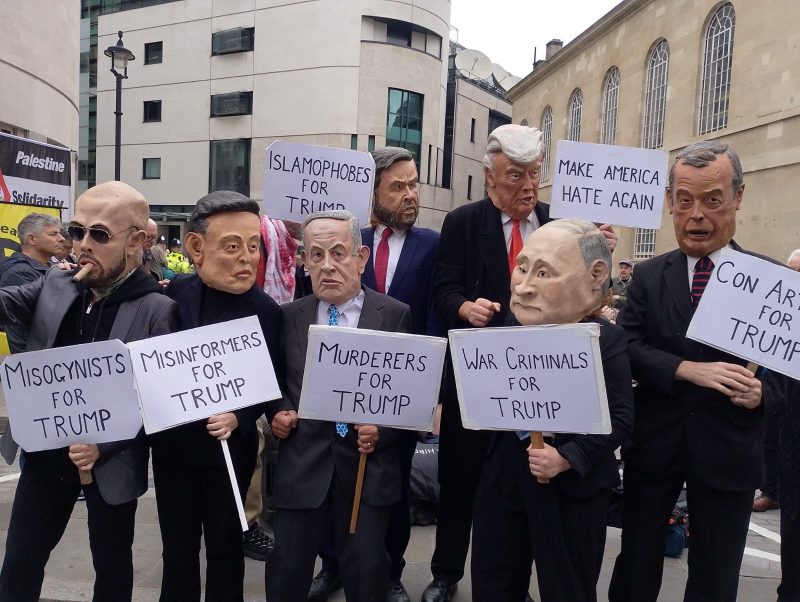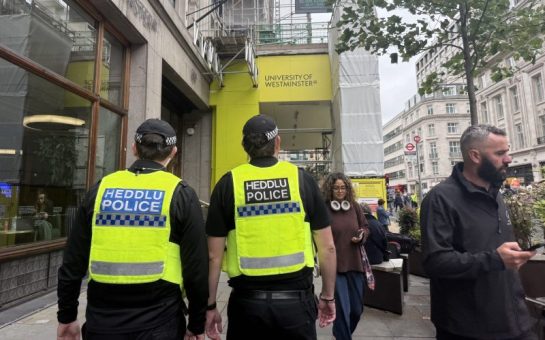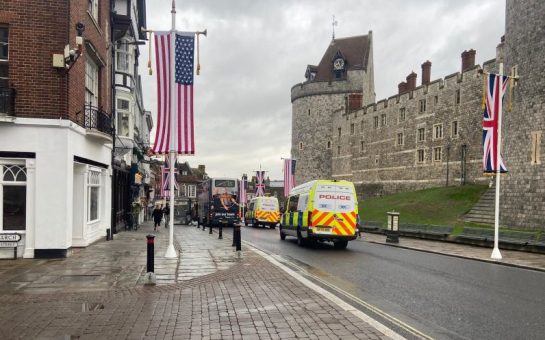Donald Trump has won the US presidential election, but does that mean he has won over Sir Keir Starmer?
The last time Labour and the Republicans were in power at the same time was between 2001 and 2007, when Tony Blair was in charge of the UK and George W Bush in charge of the US.
Back then Blair was referred to as Bush’s poodle, so could that happen again with Starmer and Trump?
Many have expressed concerns about what a second term of President-elect Trump will mean for the transatlantic ties between the US and the UK.
Labour has traditionally aligned with the Democrats and the Conservatives with the Republicans, and in the month leading up to the election, more than a hundred Labour volunteers went to the United States to campaign for the Democrats.
In response, the Trump campaign team filed a legal complaint accusing Starmer’s Labour party of blatant foreign interference.
While many fear that this will harm the relationship between the two leaders – owing to Trump’s purported tendency for holding a grudge – friendship with the Democrats has not cost Britain their relationship with the Republicans in the past.
One must look no further than the alliance between former president Bush and past prime minister Blair.
After being elected in 1997, Blair’s close ties with then-President Bill Clinton became well known, particularly following the pair jointly adopting the centrist ‘third way’ economic philosophy in 1998.
Additionally, Blair’s close aide and future prime minister Gordon Brown famously backed Democrat candidate Al Gore in the 2000 presidential election – which was won by Bush.
Despite these previous relations, Blair swiftly found common ground with the new president over their shared attitudes to foreign intervention.
And that relationship only strengthened during their seven years in concurrent power and they were brought together in the wake of 9/11 in what Bush called The War on Terror.
Blair was dubbed by the press as ‘Bush’s poodle’ – putting his relationship with the US president over the national interest in sending British Troops to Iraq in March 2003.
The 2016 Chicot enquiry revealed the full breadth of the two leaders’ relationship and cooperation.
In the immediate aftermath of the 9/11 attacks, the then-PM sent a message to Bush, calling for immediate action against Saddam Hussein.
He said: “We are better to act now and explain and justify our actions than let the day be put off until some further, perhaps even worse, catastrophe occurs.”
In contrast to the Bush-Blair coalition on international conflict – a large gap between the policies of Starmer and Trump are their opposing positions on Ukraine.
The UK prime minister has consistently pledged support for Ukraine whilst Trump’s stance has been to end the war within 24 hours.
Such a swift resolution would likely involve major concessions to Russia.
Vice President-elect J.D. Vance has been more vocal in this regard, calling for the US to end all military support to Ukraine.
Immediately following the invasion of Ukraine in 2022, Vance, then running for the US Senate said: “I have got to be honest with you, I don’t really care what happens to Ukraine one way or another.”
This morning, Ukrainian President Volodymyr Zelenskyy expressed hope for positive US-Ukraine relations in a post on X.
He said: “We look forward to an era of a strong United States of America under President Trump’s decisive leadership.
“We rely on continued strong bipartisan support for Ukraine in the United States.”
While foreign policy was an important source of unity between Blair and Bush, the opposite seems likely for the new Labour-Republican relations.
Feature image courtesy of Wikimedia Commons, with thanks
